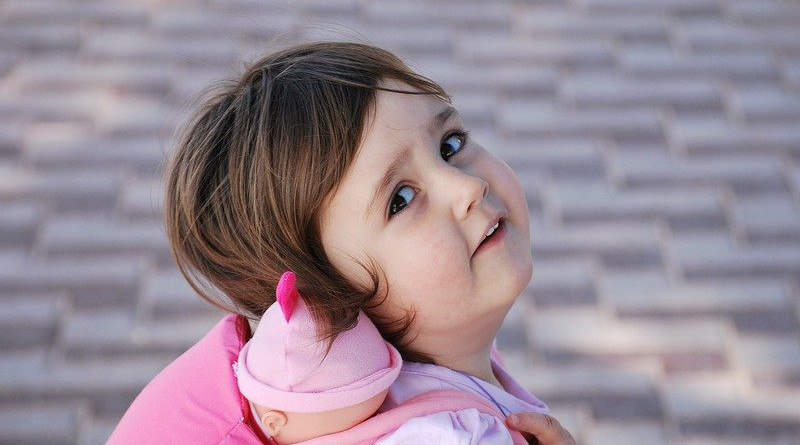In Spain 89% Of Children Display Altered Behavior During Quarantine
Professors of the Miguel Hernández University (UMH) of Elche, Spain, Mireia Orgilés and José Pedro Espada have coordinated the first study in Spain with children during the quarantine, with the goal of learning how this situation affects children and teenagers.
This research, which has included the participation of 1,143 parents of Spanish and Italian children aged 3 to 18, concludes that 89% of the children show alterations to their behaviour.
Specifically, data from 431 children and teenagers from 87 Spanish cities have been obtained, whose parents filled out an online questionnaire and provided information on the emotional state of their children. As many as 86% of the parents (84% from Italy and 89% from Spain) observed changes in the emotional state and behaviour of their children during the quarantine.
The most common changes among Spanish children were that, during the quarantine, they had greater difficulty concentrating (69%), felt more bored than usual (49%), were more fidgety (45%), more nervous (44%), more irritable (43%), more likely to argue with the rest of the family (40%), more restless (38%), more dependent on the parents (36%), angrier (32%), more concerned when someone left the home (30%), had more behavioural problems (30%) and were more concerned in general (27%). Furthermore, they ate more than usual (25%), were afraid of sleeping alone (24%), afraid of being infected with COVID-19 (23%), cried more easily (23%), felt more listless (21%) and sadder (18%).
In this sense, Spanish children were significantly more psychologically affected than their Italian counterparts during the quarantine. Compared with the Italians, Spanish children had more behavioural issues, were more anxious, slept less, had greater probabilities of arguing with their relatives, had more physical complaints, greater difficulties sleeping and were more concerned when one of the parents left the home.
In Italy, children can leave the house accompanied by an adult to take a short walk near the house, although access to gardens and parks is forbidden. The opportunity to be more active can benefit the mental health of Italian children compared to the Spaniards, who the confinement rules are different for.
Children’s habits have changed during confinement. Before the quarantine, only 15% of Spanish children used screens (ipads, computers, mobile phones…) more than 90 minutes a day, compared to 73% during the quarantine. Physical inactivity has also increased, as before the quarantine, 66% of children practiced at least 60 minutes of physical activity a day (the amount of time recommended by the WHO), whereas during the quarantine, only 14% of children surpass this amount of time.
According to UMH researchers Mireia Orgilés and José Pedro Espada, very little is known about how the effects of the quarantine implemented by the Spanish government on 16 March to stop COVID-19 can affect children and teenagers. There are no specific European studies conducted on these groups.
The available studies have been conducted with the adult population, which is why the results cannot be extrapolated to the child population, nor to the Chinese population, whose cultural differences with the West make generalising their findings complicated.

